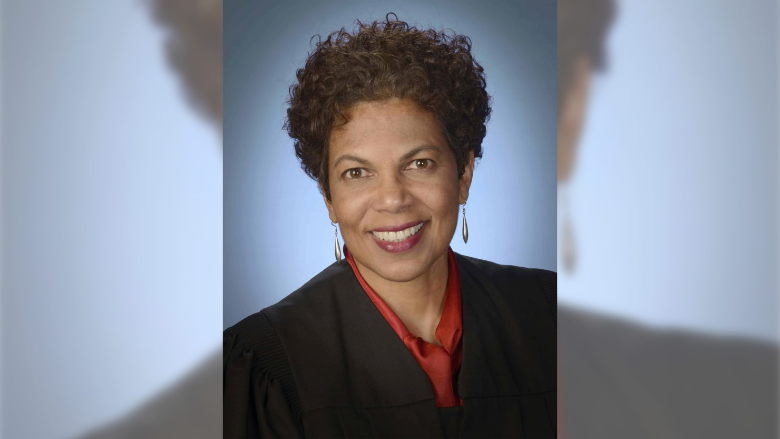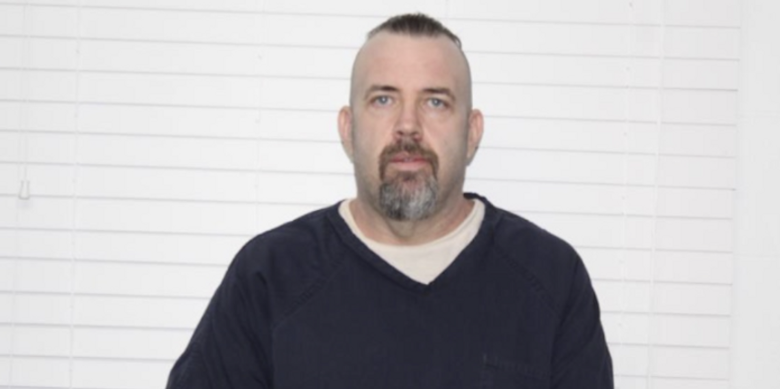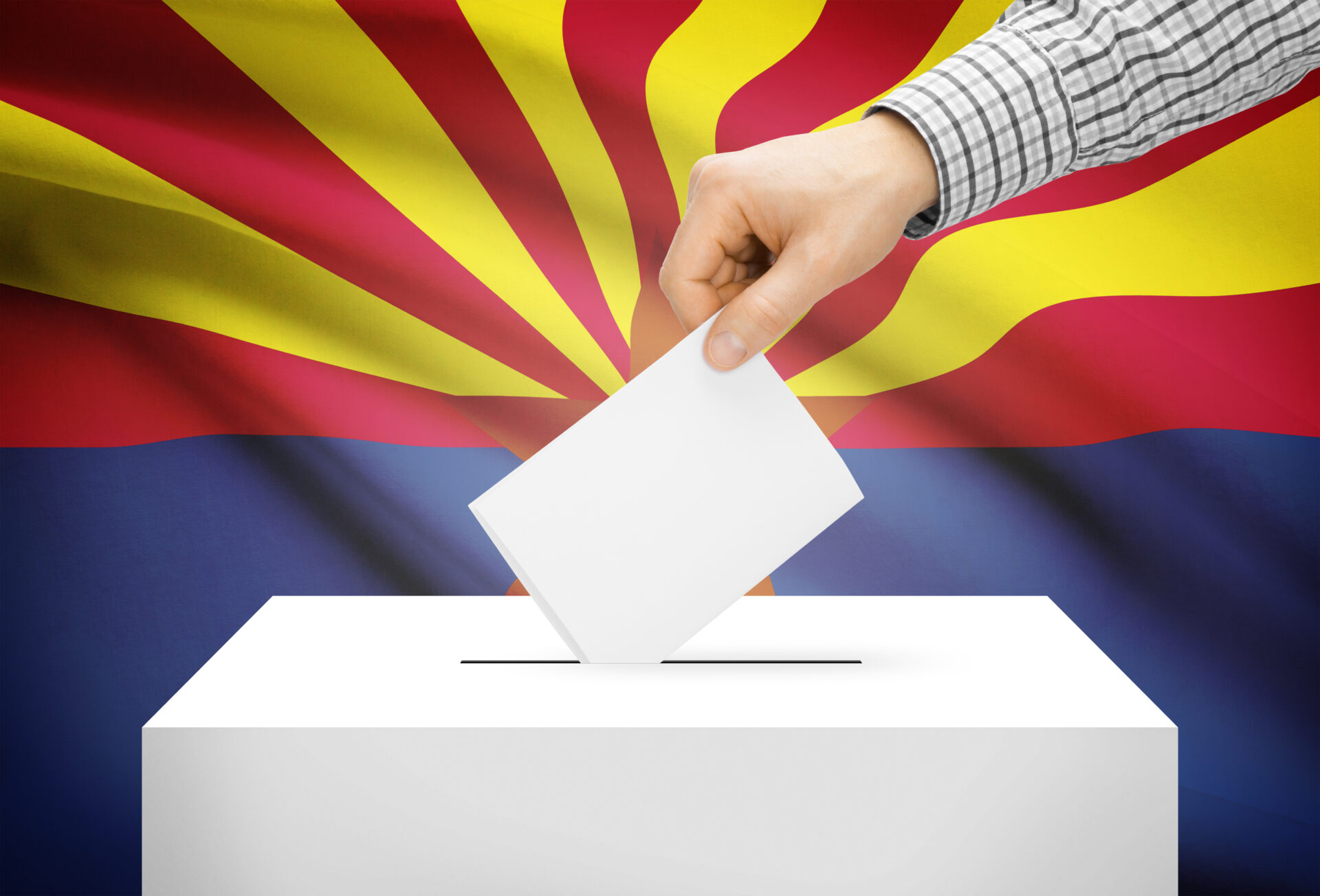Eric Thompson Show
On July 1, 2024, the Supreme Court handed down it’s 6-3 decision in Trump v. United States, affirming that presidents possess a form of limited immunity from certain legal proceedings while in office.
“The court holds that a former president has absolute immunity for his core constitutional powers.”


Justice Clearence Thomas emphasized the historical precedent and constitutional framework that support the notion of limited presidential immunity. “The separation of powers doctrine and the practicalities of governing necessitate a degree of immunity for the executive branch,” Thomas wrote, echoing sentiments of the Founding Fathers who envisioned a robust yet balanced system of governance.

Thomas’s opinion took direct aim at Jack Smith, criticizing what he described as an overreach of prosecutorial power. “The relentless pursuit of legal actions against a sitting president undermines the stability and functionality of the executive branch,” Thomas asserted. His critique extended to the broader implications of allowing such prosecutions, suggesting they could lead to a chilling effect on the ability of future presidents to perform their duties without fear of constant legal entanglement.
Thomas also called into question the appointment of Smith to the case.

“I write separately to highlight another way in which this prosecution may violate our constitutional structure. In this case, the Attorney General purported to appoint a private citizen as Special Counsel to prosecute a former President on behalf of the United States. But, I am not sure that any office for the Special Counsel has been ‘established by Law,’ as the Constitution requires,” Thomas wrote.
The ruling has significant implications for the balance of power within the federal government. By delineating the boundaries of presidential immunity, the Court has reaffirmed the need for a strong executive branch insulated from politically motivated legal challenges. This perspective aligns with conservative legal thought, which often advocates for a strict interpretation of the Constitution and a limited role for the judiciary in political matters.
President Trump posted his approval of thew ruling on Truth Social



Supporters of the decision argue that it is a necessary step to protect the presidency from partisan attacks. “This ruling restores a critical safeguard for the executive branch, ensuring that presidents can govern effectively without undue interference,” said a spokesperson for the Federalist Society, a conservative legal organization. The decision is seen as a victory for those who believe that the judiciary should not be used as a tool for political retribution.
The dissenting opinion, penned by Justice Sonia Sotomayor, underscores these concerns. Sotomayor argued that the majority’s ruling effectively grants sitting presidents an “impermeable shield” against legal accountability, a development she described as antithetical to the principles of justice and the rule of law. “No person, not even the president, is above the law,” she wrote, highlighting the potential risks of unchecked executive power.
Despite these criticisms, the ruling stands as a significant affirmation of the principles of executive privilege and separation of powers. By curbing the ability of prosecutors like Jack Smith to pursue legal actions against sitting presidents, the Court has reinforced the constitutional safeguards designed to prevent the abuse of judicial power for political purposes.
The decision also has immediate practical implications for former President Trump. With this ruling, several of the ongoing legal challenges against him may be significantly weakened or dismissed entirely. This outcome is likely to embolden Trump’s supporters and further polarize the already deeply divided political landscape in the United States.
In the broader context of American jurisprudence, the Supreme Court’s ruling in Trump v. United States is a pivotal moment that will shape the contours of presidential immunity for years to come. By reinforcing the boundaries of prosecutorial power and reaffirming the importance of executive privilege, the Court has made a decisive statement about the balance of power within the federal government.
Justice Clarence Thomas’s role in this ruling cannot be overstated. His incisive critique of Jack Smith’s prosecutorial conduct and his robust defense of limited presidential immunity reflect a deeply conservative judicial philosophy that prioritizes constitutional originalism and the separation of powers. Thomas’s influence on the Court and his commitment to these principles continue to shape the legal landscape in profound ways.
As the dust settles on this landmark decision, it is clear that the debate over presidential immunity and the role of the judiciary in political matters will persist. The Supreme Court’s ruling has set the stage for future legal battles and political debates, ensuring that the questions raised in Trump v. United States will remain at the forefront of American legal discourse for the foreseeable future.


